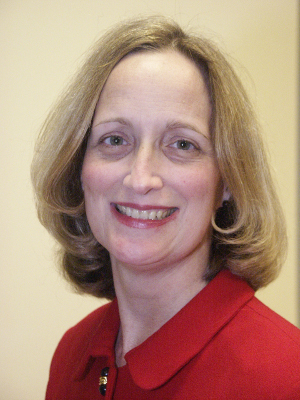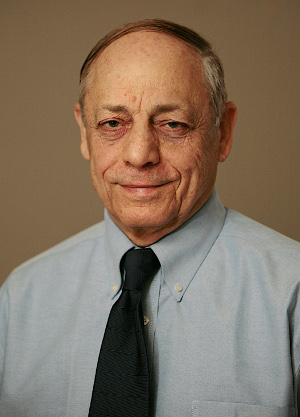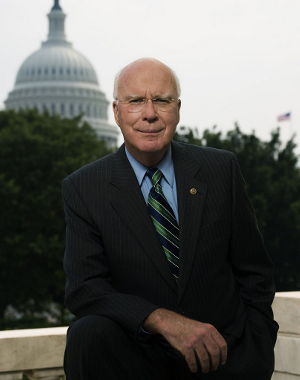- Jane E. Kirtley
- Posted On
Sunshine Week: Respect

Sunshine Week 2009 takes place from March 15 through 21. The annual event is about the public's right to know what its government is doing, and why. Sunshine Week seeks to enlighten and empower people to play an active role in their government at all levels, and to give them access to information that makes their lives better and their communities stronger. Lake County News will present guest commentaries and news stories about open government as part of this year's Sunshine Week.
Do you want to know what your government is up to? What it's doing with your tax dollars? When it will propose a new health care policy? Where it's sending young men and women to fight? How it's regulating banks and bailing out the financial industry? Why children in our public schools aren't performing as well as their counterparts in other countries?
Of course you do. It's your right to know these things. Dozens of state and federal laws say so.
But governments have a million excuses for resisting those laws. They’ll say that disclosing information will endanger national security. Or invade someone's privacy. Or make it tougher to compete in the global marketplace.
Some of those excuses may sound pretty reasonable. Once in a while, they're probably justified.
But most of us are at least a little bit skeptical when the government says "No, you can't have that information." The government's business is the public's business. Unless there's a very good reason, we expect government to tell us what it's doing, and how it's doing it. In other words, we expect it to be accountable to us. After all, we're paying for it.
The Bush administration didn't see it that way. It expanded government's power to conceal more and more information about its operations, while increasing its authority to collect more and more information about each of us. Many state and local governments followed suit. Secrecy became the order of the day.
President Obama says he wants to change all that. On his first day in office, he issued a series of policy statements declaring "a new era of openness." He's promised that "transparency and the rule of law will be touchstones of this presidency." He's pledged to use the Internet to encourage the public to help create government policy.
Whether you voted for Obama or not, this is good news. If you're a supporter, you'll expect Obama to maintain the two-way flow of information that characterized his presidential campaign. If you’re not, you'll want to keep tabs on everything his administration does. These policies will help make that possible.
Everything won't change overnight. Undoing years of secrecy will take time, and some of Obama's initiatives have already prompted both praise and criticism. Defense Secretary Robert Gates' announcement in February that he would revise the 1991 policy forbidding the news media to photograph flag-draped caskets containing military remains arriving at Dover Air Force base is just one example.
Some view the new policy as a way to honor those who have made the ultimate sacrifice for their country, and to remind the public of the cost of war. Others contend that the media's presence will distress surviving family members unnecessarily, and encourage the use of the images for political purposes.
Similar debates will continue on the state and local level, too. Should the public have access to concealed weapons permits? Should government employees' e-mails be subject to disclosure? Or would this violate individuals’ privacy?
Different states will answer these questions in different ways. But the president is right: we should presume that government information is open to all of us, unless there's a very good reason why it shouldn't be. For much too long, government officials have acted as if this decision belongs to them alone. They concluded that what they're doing is none of our business, and told us to get lost.
The president's directives have sent a clear message. It's time to open the doors of government, and let the public in. And we won't settle for anything less.
Jane E. Kirtley is the Silha Professor of Media Ethics and Law at the University of Minnesota. An attorney and former journalist, she was the executive director of The Reporters Committee for Freedom of the Press from 1985-1999.
{mos_sb_discuss:4}










